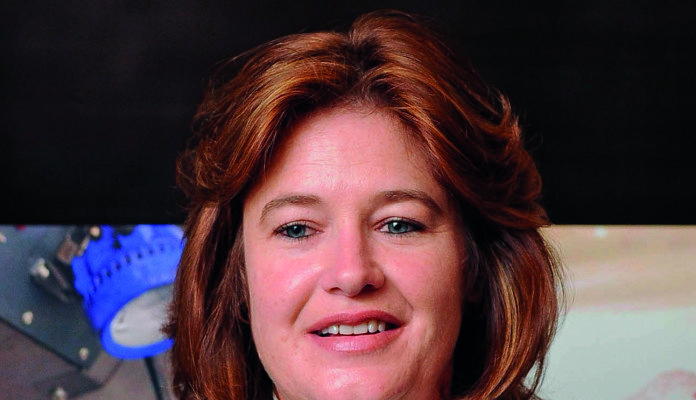
MANDI Glad, CEO of JSE-listed coal junior, Keaton Energy, described the award of an integrated water use licence (IWUL) by the Department of Mineral Resources (DMR) for its Moabsvelden coal project in Mpumalanga province earlier this month as a “game-changer” for the company.
The licence has been more than a year in the works which led to delays so profound that Gunvor, the Swiss-headquartered trading house that had bought future supplies of coal from Moabsvelden, asked for its money back.
As a result, Keaton wrote down some $4m in impairments of which a hefty slice was for the 600,000 tonnes of coal that should have been supplied to Gunvor. The monies will have to be repaid over 2.5 years, but the fact Moabsvelden now has a clear run to development potentially changes things.
Glad said Gunvor could help finance the $20m to $30m – as well as other trading houses – required to build the mine in return for a new offtake agreement. Whether this affects the monies Keaton is committed to paying back remains to be seen.
But the development of another stream of revenue is a positive development for Keaton. That’s because Moabsvelden borders on Keaton’s Vanggatfontein mine, its only operating colliery at present, and therefore building the mine is more like a brownfields extension than a new project.
Capital costs will be lower owing to shared infrastructure, as well as opex. There’s also some spare capacity at the Vanggatfontein washing plant at present which means that even before Moabsvelden is completed it will be able to generate some revenue.
“Changes to our balance sheet owing to Moabsvelden will be material,” said Glad. “Moabsvelden will produce about 80% of Vanggatfontein’s cash which. It will be a game changer”.
The Vanggatfontein/Moabsvelden complex will produce a total of four million tonnes of coal a year (mtpa) of which 2.4 to 2.5mpta is from Vanggatfontein and the balance from Moabsvelden.
Keaton produced close to a R300m loss in its financial year ended March 31, largely owing to its impairments so the extra cash from Moabsvelden will be more than handy. There’s also been an improvement in the thermal coal market after China cut its working week for its collieries.
“I’ve heard the long-term thermal coal price called at about $70/t. The fact that it’s even got past there is quite amazing,” said Glad. “Let’s hope it’s not just temporary.” The thermal coal spot price was $94/t on October 28, an improvement of some 78% year-on-year.
OFFSHORE SALES
Glad said Keaton would seek to sell its coal from Moabsvelden to industrial users outside of South Africa rather than to Eskom which was the original destination for its product.
“Given the situation with Eskom we have started to look at other options,” said Glad. Delmas coal can’t ever be washed to export quality, but there is a market in India for coal for industrial users. We are talking selling to India via a trading house,” said Glad.
“We got as far as we could with Eskom before waiting on the IWUL. To start by going back to Eskom; well, it’s not a good time for Eskom at the moment is it,” said Glad.
Eskom has been caught up in wider political intrigue in South Africa culminating in the decision by two asset management firms, including South Africa’s Futuregrowth, to pull their investments in the utility owing to fears about its corporate governance standards.
The country’s National Treasury is also running an investigation into Eskom’s coal procurement activities, especially regarding coal companies owned by the Gupta family who have close ties with South African president, Jacob Zuma.











